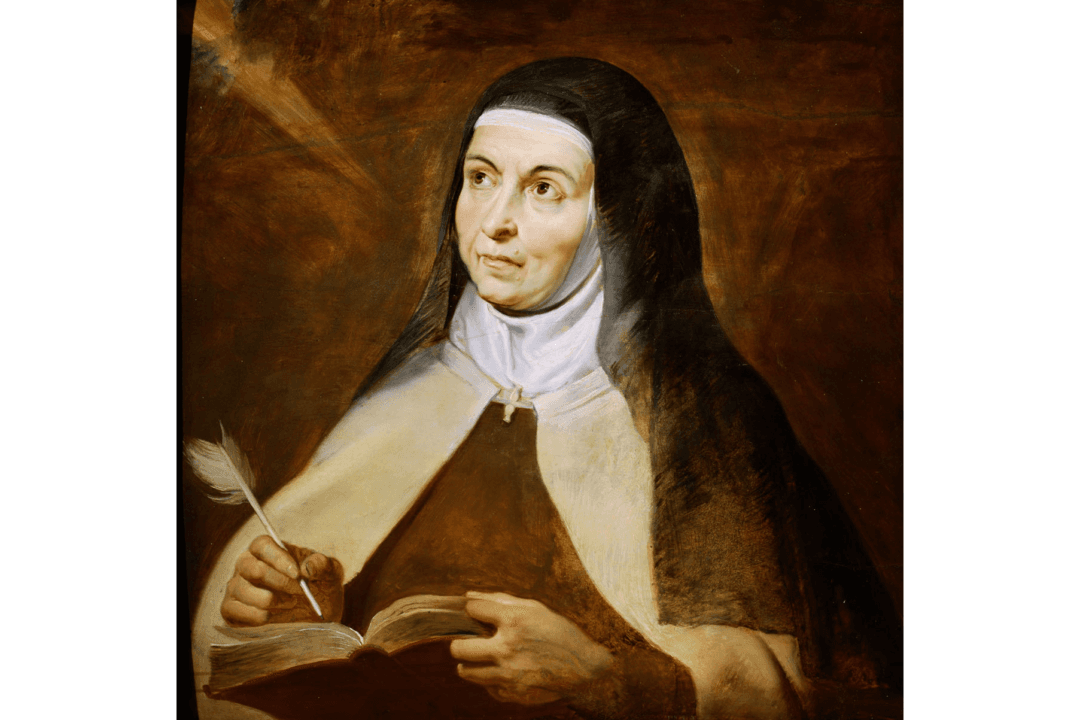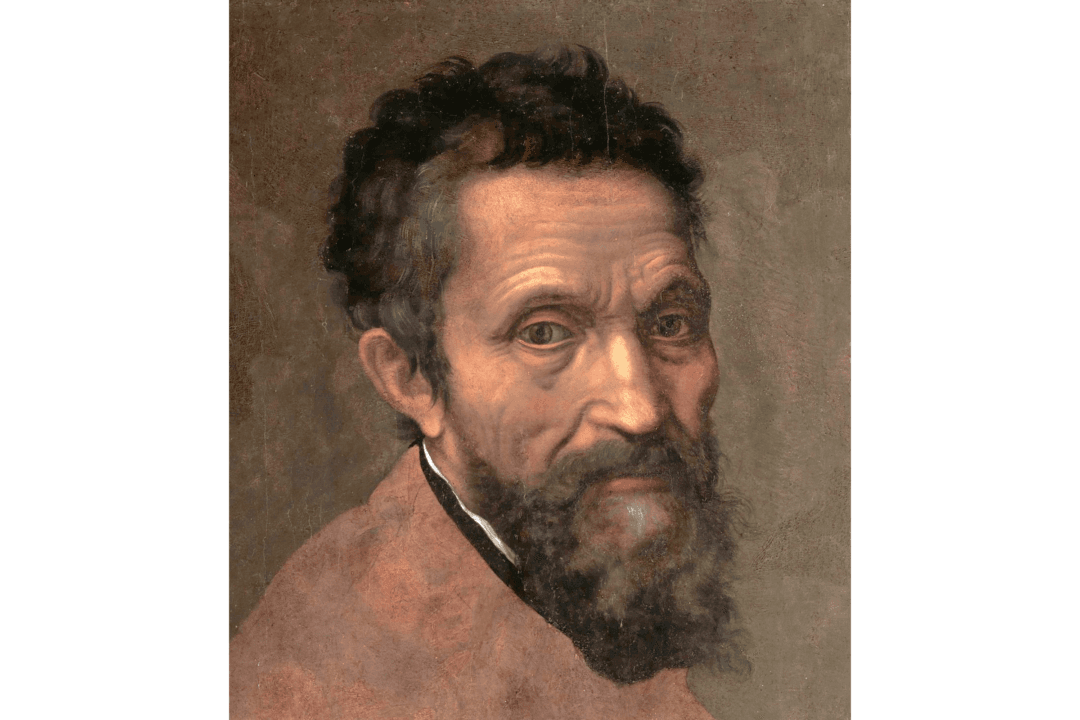Let nothing disturb you. Let nothing frighten you. All things pass away. God never changes. Patience obtains all things. They who have God lack nothing. God alone is enough.
No one could say that Teresa of Avila was a stranger to hardship. As a Spanish nun and mystic who lived in the 16th century, she struggled with poor health and hostility in her efforts to reform the Carmelite order.By founding numerous convents throughout Spain, Teresa sought to bring about a return to the austere life of the cloister. Despite the difficulties she faced, she never sought a life of ease or comfort as the cure for her ills. Instead, she countered physical and spiritual afflictions with the remedies of poverty and contemplative prayer, facing difficulty with discipline.
There’s a story about Teresa traveling during a season when the rivers were especially high. The roads were sometimes entirely covered by water. She and a few other sisters were forced to continue on foot without a carriage. The courage with which she advanced and encouraged her fellows was rewarded with a tumble into muddy water.
At this point, she is famously quoted as saying: “Oh, my Lord, when will you cease from scattering obstacles in our path?”
God responded, “Do not complain, Daughter, for it is ever thus that I treat my friends.”
Teresa replied wryly, “Ah, Lord, it is also on that account that you have so few!”
‘All’ and ‘Nothing’
At a glance, the meaning of the poem is quite simple. However, the poem reveals a profound and succinct insight into the human heart.The thought that our desires will go unfulfilled and that we will suffer an absence of the good is one of the fears that disturbs our peace most often. We fear that we will not have enough. The other fear is that some evil will befall us and rob us of the good things we have. This fear springs from the awareness of change or death.
Teresa’s verse strikes at the heart of these fears in a simple line: All things pass away. We know that change is inevitable, and this knowledge frees us from needlessly worrying about whether change will come. It also frees us from the need to frantically chase after what will pass away.
The infinite void of human desire can only be filled by what is infinite. God never changes, as Teresa tells us, and so only He can negate the fears of not having enough and of losing what we have. If our hearts rest in Him, every desire will be refined and fulfilled, and we will possess what will never fade.
The dichotomy between lack and possession, and presence and absence is seen in the poem’s repetition of the words “all” and “nothing.” The interplay between these concepts in the poem reflects the entanglement of suffering with happiness in earthly life and the mystery of how we, as finite creatures, are able to enjoy the indwelling of the Infinite Creator.
As Teresa of Avila knew, God never promised us freedom from earthly suffering in this life if we accepted His offer of friendship. Instead, we accept life’s burdens joyfully, knowing that our burden will be lighter because our Creator carries it with us.
Though many disdain a friendship that asks patience and endurance, Teresa insisted that the reward far outweighs the cost. In the end, patience helps us obtain perfect union with Him who is our all.







